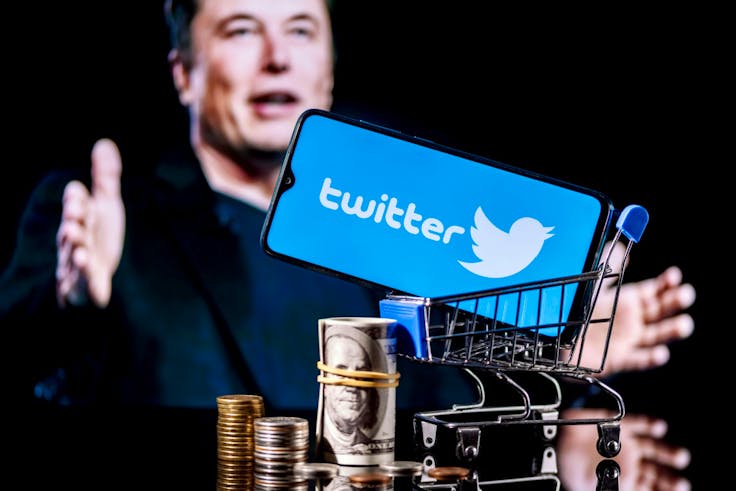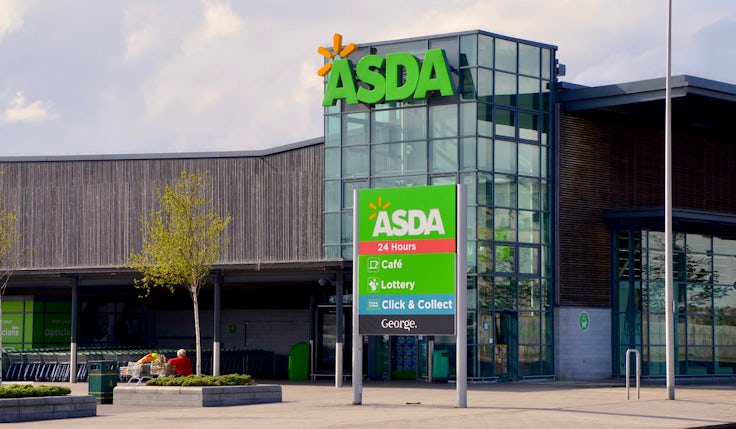X adds more brands to lawsuit over alleged ‘illegal boycott’
Elon Musk’s X adds Nestlé, Abbot Laboratories, Colgate-Palmolive, Lego, Pinterest, Tyson Foods and Shell International as new defendants in the legal filing.

Elon Musk’s social media company X has expanded its existing lawsuit accusing advertisers and the World Federation of Advertisers (WFA) of illegally boycotting the platform to include more brands.
On Saturday (1 February), Musk’s lawyers filed an amended complaint in a Texas court, adding Nestlé, Abbot Laboratories, Colgate-Palmolive, Lego, Pinterest, Tyson Foods and Shell International as new defendants in the legal filing.
The lawsuit claims the brands and the WFA’s now-defunct Global Alliance for Responsible Media (GARM) violated US antitrust laws by conspiring to “collectively withhold billions of dollars of advertising revenue” from the platform following Musk’s purchase of it on 28th October 2022.
X first filed the lawsuit in August 2024, naming Unilever, Mars, CVS Health, Ørsted, and Twitch as defendants in the case. However, in October, X dropped Unilever from the lawsuit after the two reached an agreement for a new ad partnership.‘This lawsuit seems misguided’: Has Musk made a mistake suing over alleged ‘boycott’?
At the time of the initial filing, the WFA announced it would discontinue the non-profit GARM due to financial strains caused by the allegations. The closure of GARM and the wider lawsuit have prompted discussions about the role social media platforms should play in brand safety.
Lawyers for X argued that in a competitive market, social media platforms should have the option to set their own brand safety standards that are “optimal for that platform”.
“But collective action among competing advertisers to dictate brand safety standards to be applied by social media platforms shortcuts the competitive process and allows the collective views of a group of advertisers with market power to override the interests of the consumer,” the complaint said.
Meanwhile, people across the industry shared disappointment about the decision at the time of the initial filing. IPA director general Paul Bainsfair said that GARM served an “important role” in “tackling illegal or harmful content online, and raising standards across the board in the process”.
“Illegal and harmful content on digital media platforms remains a significant challenge for our industry, and one that will require cross-industry collaboration to solve,” he added.‘You can’t be hands off the wheel’: Is brand safety a ‘shared issue’?
Brand safety expectations may be changing. Despite confidence in X plummeting over the past year, with just 4% of marketers now believing that ads on the platform provide brand safety, according to a Kantar study last year, the same might not be said for other platforms.
Earlier this year, Meta followed in X’s footsteps by abandoning independent fact-checkers on Facebook and Instagram and replacing them with X-inspired community notes.
Unlike Elon Musk’s takeover of X, which prompted a reduction in ad spend, Meta’s integral role in media plans made a similar exodus unlikely. This was exemplified by its most recent earnings call, which said changes to its content moderation policy haven’t had “any noticeable impact” on advertiser spend.





